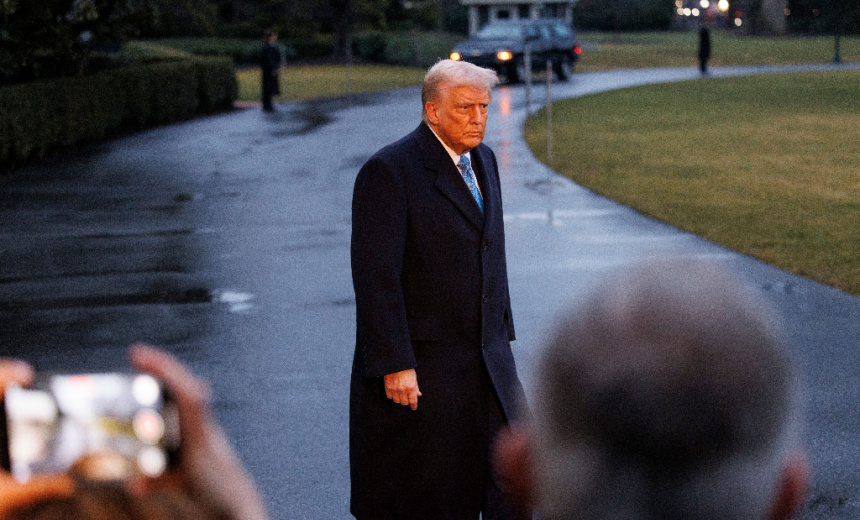Data Security,
Government,
Industry Specific
Court Ruling Allows Musk’s DOGE Task Force Continued Access to Sensitive Federal Data

A recent court ruling has allowed Elon Musk’s team at the “Department of Government Efficiency” (DOGE) to maintain access to sensitive federal data systems, despite mounting concerns over privacy and data security. U.S. District Judge Tanya Chutkan’s decision to dismiss a lawsuit from 14 state attorneys general, which sought to halt DOGE’s access, cited a lack of evidence demonstrating imminent harm that would necessitate a temporary restraining order.
This ruling comes amid allegations regarding the task force’s potentially reckless handling of data that pertains to millions of Americans. The White House has argued Musk does not directly oversee DOGE but serves as a senior adviser to President Trump, a move perceived as an attempt to navigate legal scrutiny regarding Musk’s expansive access to federal systems.
The implications of Judge Chutkan’s ruling are significant, allowing DOGE to continue accessing various government departments, including Commerce, Education, Energy, Labor, and Health and Human Services. Reports indicate that DOGE began integrating sensitive data into artificial intelligence applications through the Microsoft Azure cloud as early as February, utilizing personnel who often lack proper security clearances.
With Musk’s title framed ambiguously, legal challenges have emerged regarding the potential risks associated with his purported role in directing DOGE’s activities, which resemble a governmental entity despite being a task force linked to Musk’s cryptocurrency interests. Administration officials have reiterated that Musk’s position does not bestow him with decision-making authority, but his influence over data policies remains a concern as the task force seeks to consolidate data from agencies like the Treasury.
The approach taken by the White House reflects an evolving legal strategy that aims to distance Musk from the controversial powers that critics argue may undermine government operations. The lawsuit alleges that Musk’s unchecked authority could disrupt civil service structures historically designed to prevent abuses of power.
Amid growing unease, White House Press Secretary Karoline Leavitt recently characterized Musk as a “special government employee” involved in supervision of DOGE. This characterization attempts to reinforce the narrative that his actions are limited in scope and authority, despite significant operational impacts already observed within federal data access protocols.
Judge Chutkan acknowledged the unpredictability surrounding DOGE’s operations, highlighting the ongoing ‘considerable uncertainty and confusion’ in her ruling. Yet, she concluded that it remains unclear how state programs cited by the plaintiffs would be adversely affected by DOGE’s continued access.
The lack of a clear response from the White House regarding DOGE’s leadership structure and potential vulnerabilities underscores the complexities of balancing innovation in governmental efficiency with the imperative need for robust data security protocols. The incident raises critical questions for business owners and cybersecurity professionals about the evolving landscape of data governance, warranting vigilant scrutiny as this story unfolds.
